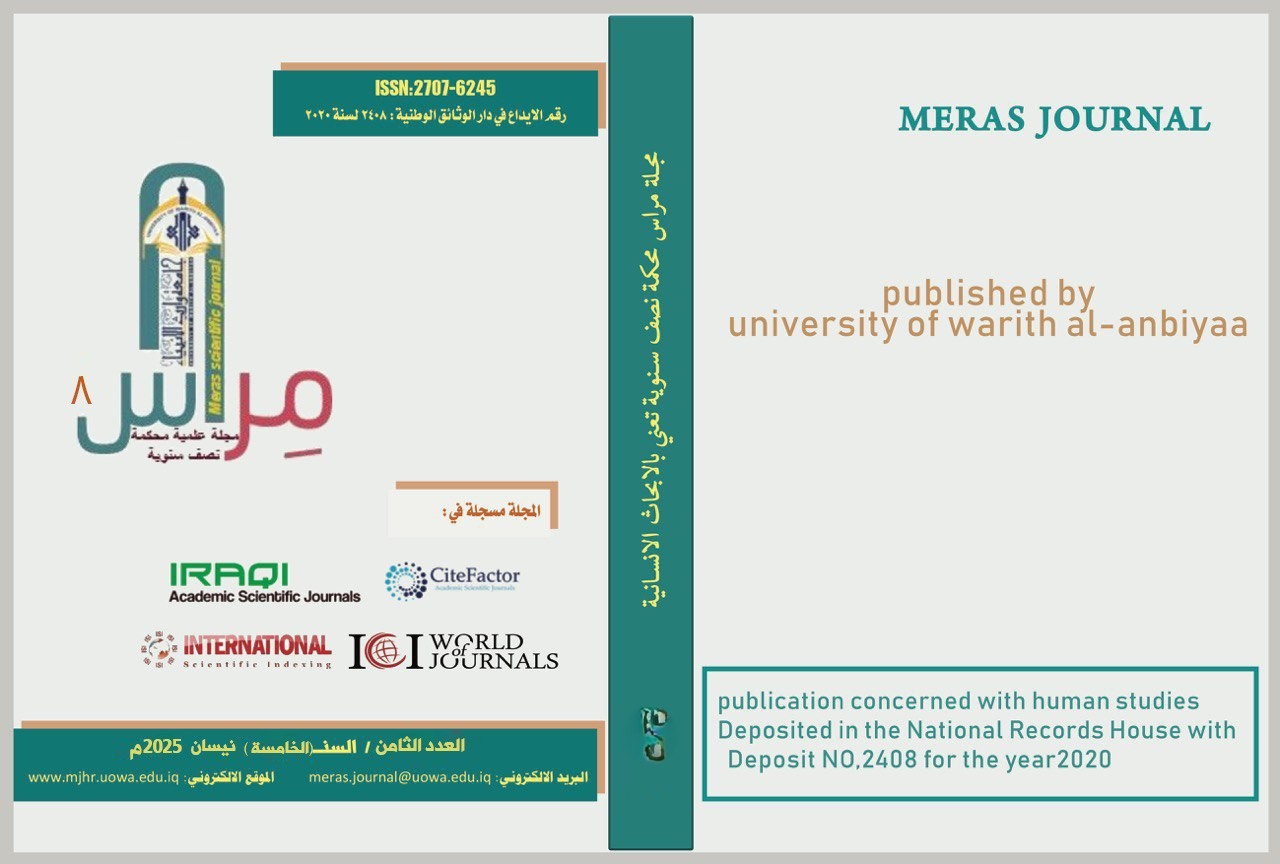Garden jobs in Cairo during the Fatimid Caliphate(358-567AH/9968-1171AD)
Keywords:
Fatimid, gardens, palaces, public , functions.Abstract
Throughout history, the green field has achieved an ecological balance in the environment, and has been distributed in the form of forests, orchards, and gardens, the latter of which depicted the character of paradise in Islamic civilization, especially in Egypt. The garden was for the Egyptian person his safe haven and his psychological, mental, health and social comfort. This interest was embodied in the establishment of parks and gardens that varied in their characteristics in terms of design, coordination and planning, including natural, geometric and terraced, and their components varied from aquatic, animal and plant in order to give the aesthetic character of the committee, and the study of the subject was adopted by the researcher. On the analytical historical approach, which is based on collecting scientific material related to the subject of agriculture and plants, analyzing it rationally, discussing events and interpreting them with the aim of investigating as accurately as possible and describing the landmarks of Egyptian cities and their gardens.





